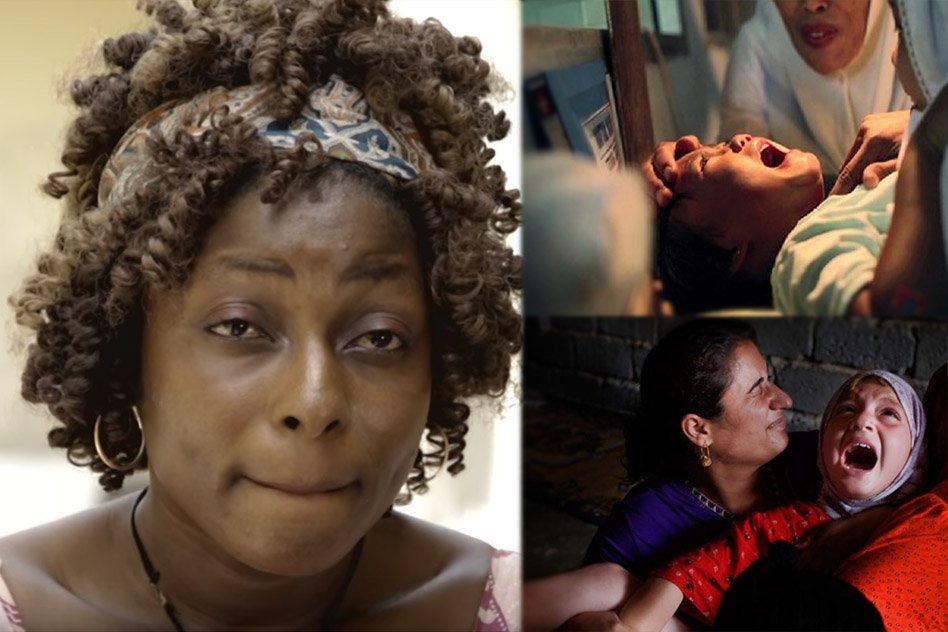
'Why Did You Cut Me Mummy?' Survivors Share The Pain Of Female Genital Mutilation
1 March 2016 10:44 AM GMT
Image Source: The Guardian, britainfirst, mtholyoke
Five Nigerian girls who recently underwent FGM in Cross River State talk about the horror of what happened to them and why the want the brutal and illegal practice in Nigeria stopped.
Female genital mutilation (FGM) is recognized internationally as a violation of the human rights of girls and women. Ending FGM by 2030 is one of the UN Global Goals.
We are here talking about female circumcision, variously known as female genital mutilation (Rose Odlfield Hayes), khafḍ (Arabic), asbolokoli (Mali) and so on. The terminology underwent changes with time. Female Genital Mutilation (FGM) is defined by the WHO as “all procedures that involve partial or total removal of the external female genitalia, or other injury to the female genital organs for non-medical reasons”.
If we come to India, FGM is an open secret, meaning to say that it is not outlawed. Many of us are unaware of this practice existing in India. Bohra women – a small Muslim community in India have started a campaign demanding an end to the ritual. The Dawoodi Bohra community, which is a sub sect of Muslims, follows this procedure. However, Tasleem started a change.org campaign in December 2011 against FGM among the Dawoodi Bohra in India. Anyone who is against FGM can show his or her support for this campaign against FGM by visiting the Facebook link given below and make a small contribution for a cause which causes trials and tribulations for millions of women round the globe:
https://www.facebook.com/StopFgmMiddleEast?fref=nf
 All section
All section













